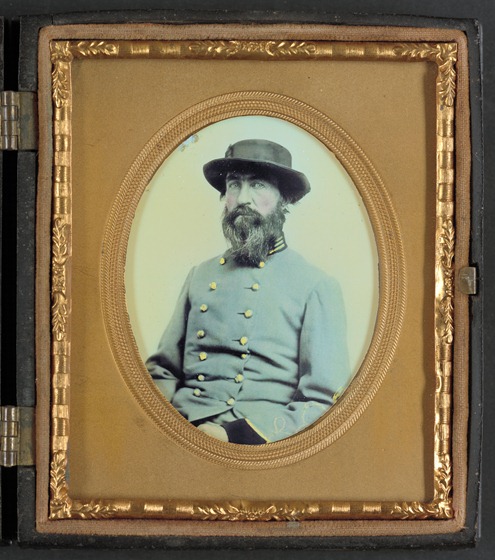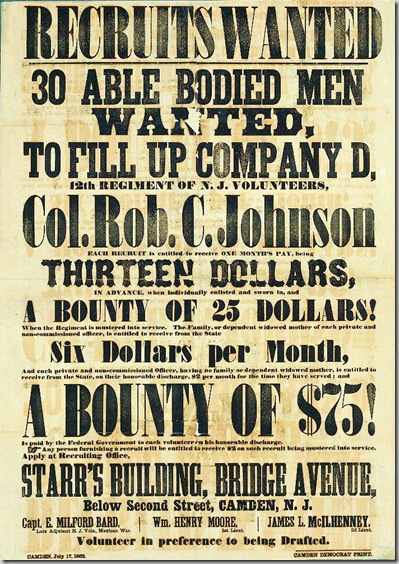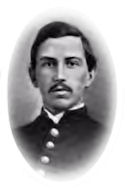[London,] Saturday, July 19, 1862
Knowing that you would probably be anxious to hear from us what effect the bad news of June 26-30 might have on our position here, I take the last moment to write in order to tell you what I think we are to expect. Certainly it was a violent blow. We suffered several days of very great anxiety, knowing that the current here was rising every hour and running harder against us than at any time since the Trent affair. This reverse called out at once all the latent hostility here, and there was nothing to do but to give way. I shut myself up, went to no more parties and avoided contact with everyone except friends…. The only bright spot in the week was the reception of your letter. As we had all relied on your being safe in the hospital, or if not there, with your regiment which we knew was not engaged, your letter was quite welcome, as it told us first both of your going in and your coming out. I congratulate you, and apropos to that, I congratulate your General Hunter on his negro-army letter. We all here sustain him and I assure you that the strongest means of holding Europe back is the sight of an effective black army. Nevertheless our trouble here was extreme. As the week passed it was not diminished. Nor is it now, I fear, permanently so. It arrived however at its culminating point last night. It so happened that last night was the occasion of an expected debate in the Commons on a motion in favor of mediation. We had been busy in preparing for it and had assurances that all was right. But lo and behold, at two o’clock yesterday afternoon in rushes a member of the Commons, and half a dozen alarmists in his rear, with an evening paper whose telegraphic column was headed in big letters, “Capitulation of McClellan’s Army. Flight of McClellan on a steamer. Later from America.” This astounding news for a moment made me almost give way. But a single glance at dates showed us that it was an utter swindle, and that we had bulletins from McClellan of two days later than the day of the reported surrender. The next reflexion led us to see that it was intended for the debate of the same evening, and we, who know the seal, recognized the stamp of our old friends the Southern liars, who juggled Georgia out of the Union by telegraph. But the consternation among our friends was incredible and even when they knew it must be false, they still shook and shuddered with terror. Every Englishman believed it, or doubted in a tone that showed he wanted to believe it. As for me, I have come to consider it my whole duty here to keep up the spirits of the community and so did the best I could to laugh the lie off. Luckily its effect on the Commons was very good, for it disposed them to postpone action and tended to quiet them. Palmerston made a good speech, and the motion was not pressed to a division. This morning the Arabia’s news has arrived, three days later, which relieves us again for a time of our anxiety, and induces us to believe that the enemy were as much crippled by their victory as we by our defeat.
Thus the pinch has again passed by for the moment and we breathe more freely. But I think I wrote to you some time ago that if July found us still in Virginia, we could no longer escape interference. I think now that it is inevitable. The only delay thus far has been caused by the difficulty in inducing the five great powers to unite, and Russia and Austria to act with England in any sense favorable to the South. That unity cannot much longer fail to be obtainable. England alone or with France will not move, but their idea is that if all the great powers were to unite in offering mediation, they could by their moral influence alone force some result. If the North defied them, a simple recognition of the South by them would, they think, secure her independence. And this belief is probably correct.
It must now be the effort of the North to cast upon the South the responsibility of standing against a settlement. Here will be three means of hampering European attempts: the slavery question, the boundary question, and the Mississippi; and it is the slavery question from which we can derive the greatest strength in this running battle. You see we are stripping and squaring off, to say nothing of sponging, for the next round. If our armies sustain us, we shall win. If not, we shall soon see the limit of our hopes.











